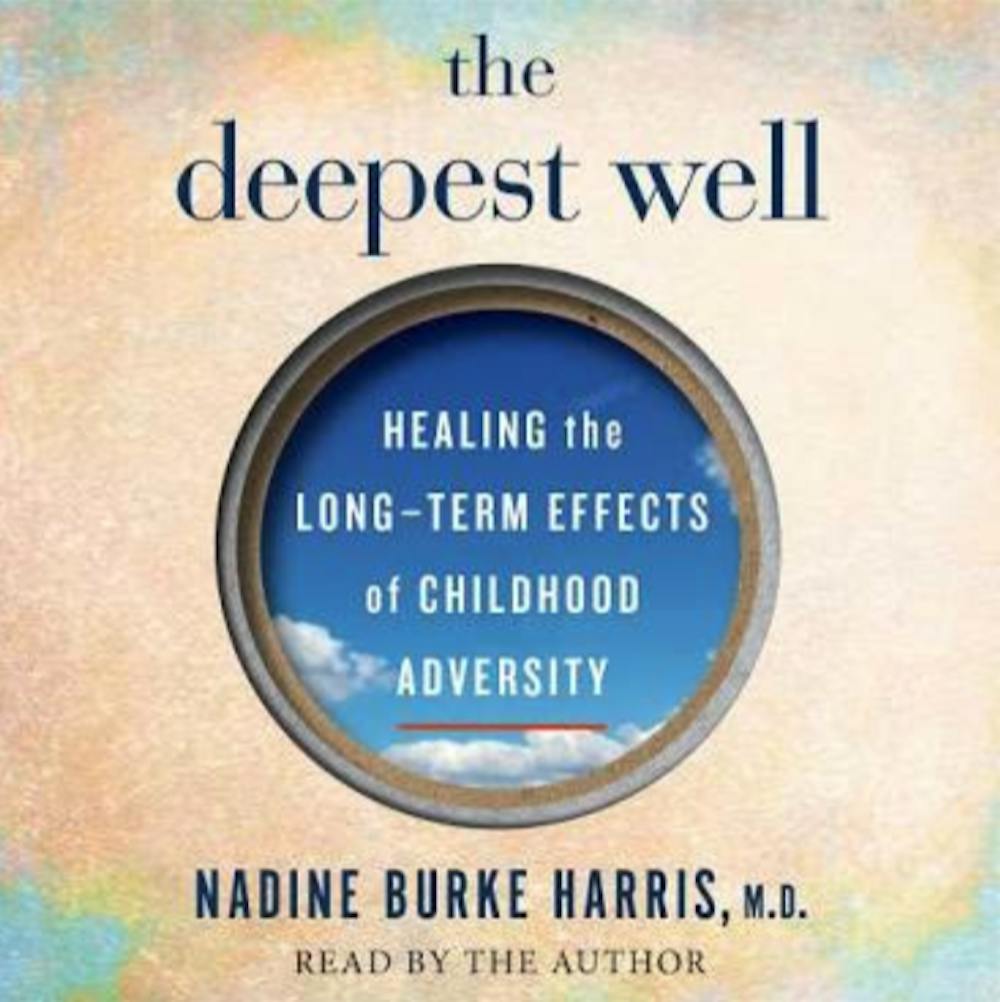By Kaitlin Bavaro
Staff Writer
The last 18 months have been challenging for people over the world. The College kept this in mind for this year’s Community Learning Day intellectual theme: resilience. To be resilient means to be able to alleviate difficulties with strength. The College’s students and faculty have especially been resilient this fall by coming back to campus after being remote for so long.
That theme is prevalent in this year’s summer reading for freshmen: “The Deepest Well” by Dr. Nadine Burke Harris. The book is about Harris’s work with children dealing with toxic stress from early childhood adversities and how they manifested into physical and mental health issues. The Deepest Well covers her research on this issue, as well as an understanding of the Adverse Childhood Experiences (ACE) test. This test asks how many of the ten listed adverse experiences a child has faced; the higher the score, the more adversity a child has faced. The novel then gives stories and ways to heal from said difficulties.
This year’s keynote speaker — Kimberly Noble, MD, Ph D — has done similar work to Harris. Noble studies childhood development and disparities in early childhood and is currently a professor of neuroscience and education at Columbia University. She is also a co-director of the Baby’s First Years study, which examines how children in poverty develop after their family’s income is increased.
Noble’s research has shown that living in poverty negatively affects development. This is the first study that sees the results of “poverty reduction” for low-income children and families (Ted), and although the results are not finalized yet due to Covid-19, so far the children’s brains that are in the study are developing in a healthy way.
After Noble’s presentation, there was a panel held to answer questions on the summer reading novel and the issues discussed. The panelists included Noble, Dean of the School of Nursing and Exercise Science Carole Kenner and alumnus and Educational Opportunity Fund admissions counselor Roy Dean Johnson, Jr.
Prior to working at the College, Kenner worked with premature babies. She discovered their low weights were due to the adverse events their parents faced, and Johnson worked at multiple non-profits for children in areas around campus. They responded to student questions about nature versus nurture, if there are benefits to having resilience due to adversities, how students can help their peers with their trauma, if the ACE test should be implemented in schools and more.
The College held other events throughout Community Learning Day that were beneficial to students’ mental health and informative on the topics covered in this year's summer reading book. There was a yoga program in the morning and the afternoon, which was one of the healing exercises Harris suggested in “The Deepest Well.”
The Press PAWS Project, a group run by Student Affairs and Student Government to help students be resilient, ran an event that allowed students to express the hardships they have overcome by painting a broken vase. There was also a seminar hosted by the College’s Dr. Jonathan Davis, who is an assistant professor in the Educational Administration department as well as a coordinator of the College’s Urban Secondary Education program. His program helped students better understand resilience in communities and in themselves.







